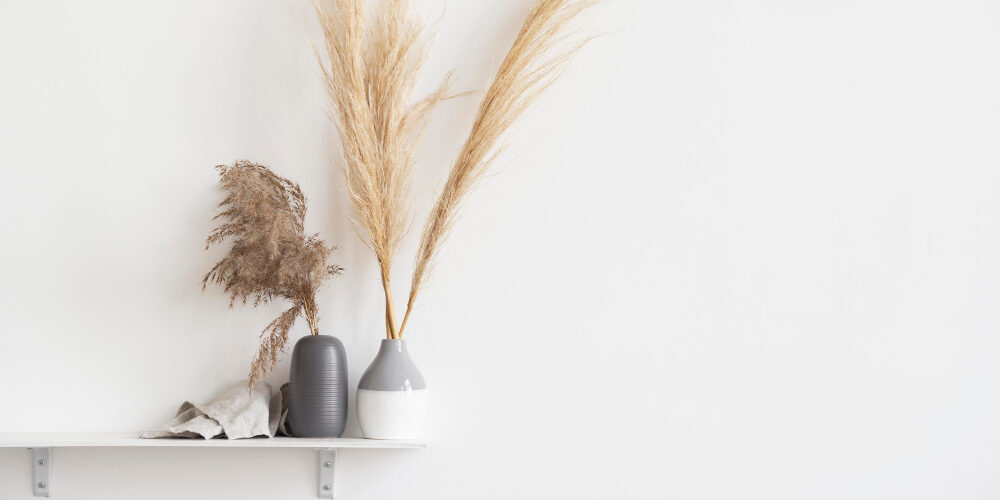Introduction to Minimalism
In today’s world, minimalism is becoming more popular. It helps people find peace and reduce clutter. It’s not just about having fewer things; it’s about living intentionally and letting go of what’s not needed.
We’ll show you how to adopt minimalism. You’ll learn to let go of things and live a simpler, more meaningful life.
Understanding Minimalism
Minimalism is a lifestyle choice that focuses on living with less. It means carefully choosing what you own and what you do. By simplifying, you make room for what truly brings joy and value.
Learn more about minimalism here.
Benefits of Minimalism
- Increased clarity and focus: With fewer distractions, you can focus on what’s important.
- Reduced stress: A clutter-free space can make you feel less stressed.
- Financial freedom: Living simply can help you save money and feel more financially secure.
- Improved well-being: Letting go of excess can make you feel freer and happier.
- Environmental sustainability: Minimalism helps reduce waste and is better for the planet.
Assessing Your Possessions
Before starting your minimalist journey, take stock of what you own. Sort items into three categories: essential, useful, and unnecessary. This helps you see what truly adds value to your life.
Decluttering Techniques
- The KonMari Method: Declutter by category, keeping only items that spark joy.
- 30-Day Minimalism Challenge: Remove one item each day for 30 days to reduce clutter.
- The Four-Box Method: Sort items into “Keep,” “Donate,” “Sell,” and “Trash” boxes.
Emotional Attachment and Letting Go
Letting go of possessions can be hard. To overcome emotional attachment:
- Think about the memories, not the item itself.
- Consider if the item adds value to your life now.
- Donate or give items to those who might appreciate them more.
Minimalist Living Spaces
Create a minimalist space that feels calm and clear:
- Choose a neutral color scheme and simple decorations.
- Use furniture that serves more than one purpose.
- Keep surfaces clear and enjoy open spaces.
Simplifying Your Digital Life
Minimalism isn’t just about physical things; it’s also about your digital life:
- Organize your digital files and clear your desktop.
- Unsubscribe from emails you don’t need.
- Limit your time on social media and clean up your online connections.
Cultivating a Minimalist Mindset
Embracing minimalism means changing how you think:
- Value experiences and relationships over material goods.
- Be thankful for what you have instead of always wanting more.
- Be mindful of your spending and avoid buying on impulse.
Embracing Minimalism: Challenges and Rewards
Minimalism can be tough, like letting go of sentimental items. But the benefits are worth it:
- You’ll feel more mentally clear and at peace.
- You’ll have more time and energy for what’s important.
- You’ll save money and feel less stressed about it.
Sustainable Minimalism
Combine minimalism with sustainability practices:
- Buy quality over quantity and choose environmentally friendly products.
- Repurpose and upcycle items instead of throwing them away.
- Support local and ethical businesses.
Minimalism and Financial Freedom
Minimalism can contribute to financial freedom by:
- Eliminating unnecessary expenses.
- Prioritizing experiences over material possessions.
- Saving and investing wisely.
Minimalism and Mental Well-being
Minimalism has positive effects on mental well-being:
- Reducing mental clutter and promoting focus.
- Creating a sense of calm and relaxation.
- Encouraging mindfulness and self-reflection.
Incorporating Minimalism into Daily Life
Make minimalism a part of your daily routine:
- Practice regular decluttering sessions.
- Adopt mindful consumption habits.
- Cultivate a gratitude practice.
Conclusion
Minimalism offers a simpler, more intentional life. By letting go of possessions, you can find clarity and reduce stress. Embrace minimalism and discover the freedom and joy of living with less.





